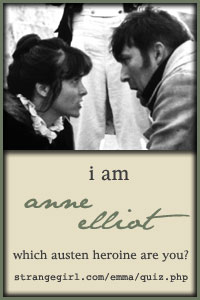Archaeology at its wisest and least constrained devises narratives about the past, considering the (often scanty) traces left behind and puzzling out their stories (often wrong), the quiet or the catastrophic dramas of their beginnings and ends. In my novel Reading the Stones, I explore the workings of memory on personal and institutional levels, the ways the Greek myths tell of early wonderment at life, and modern archaeologists work backwards with the myths in mind to try to figure out what in a certain landscape or the fearful unfamiliar world gave rise to the stories that feel like memory itself.
Mar loved all the chance discoveries, the truths she came on for herself within or beyond the stories. The things that made the pursuit memorable for her—whether a tone of light or a smell or a stolen glimpse into a half-opened doorway on a street named for an ancient shipbuilder; something that amused or touched her, somehow, however small or momentary. But somehow right for what she was after. Standing at Epidaurus, within the fragrance of the pines and flowering trees, the humming chorus of cicadas, she had experienced a feeling of immense well-being, and felt that of course Asclepius’s sanctuary had to have been there, the god of healing connected with a place so redolent of health. Epidaurus would forever after be the pine smell, pitch and gracefully splayed needles bruised to pungency by her thumbnail. Coming back from Sounion, the place of watching, where she’d gone to see the famous Temple of Poseidon and take her pictures, the bus had passed through what she had immediately thought of as the district of lambs on a spit (grilling, browning, in shop fronts all along the street). On impulse she got off to wander there and found a taverna called Friends of the Fish—delighted details of Greek life that would stand out in her memory in connection with her journey down to the temple on its high lonely promontory, complementing the overarching story of the heartbroken king.
And now this afternoon in the leafy arbor would lay itself gently over the faded underlayer of dried thyme and disappointment and be Phaestos for her—laughter playing among the serious old stones, like the children in the grassy wastes of the stadium. Many truths, and what you want to make of them. Or what you could.
image: Christie B. Cochrell, Stone6, Lindisfarne




















No comments:
Post a Comment